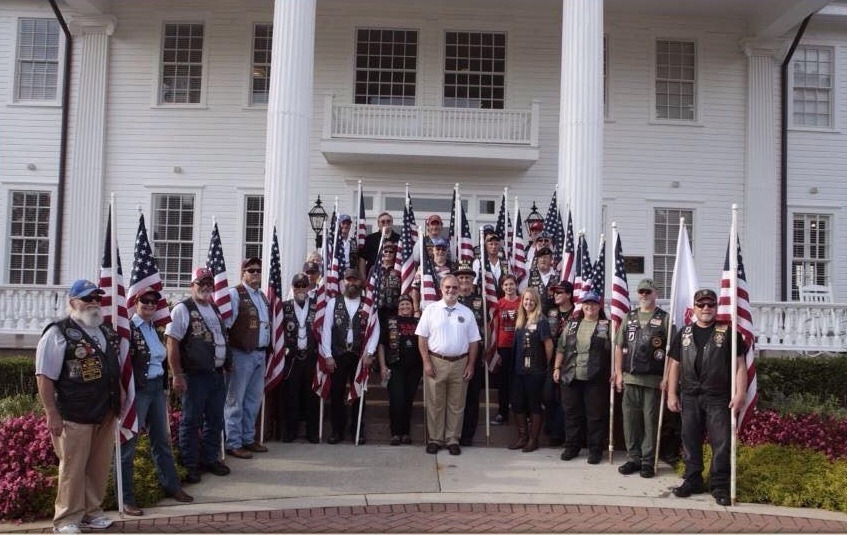
The
videos all open with one man in the frame. The details are different – faces,
ages. But each man wears the same medal clipped around his neck, blue fabric
and gold metal, an Eagle perched atop a sharp-pointed star – the Medal of
Honor.
As
the clips continue, each man tells his story: How he came to the service, where
he served, who was with him. They talk about the hard times, about men on
battlefields calling for their mothers, about decisions that happened in a
split second and knowing something had to be done.
They
explain how they came to win the Medal of Honor, the United States’ highest
honor awarded for valor in combat. From all of them, the same sentiment tends
to arise:
“My
name is on the back of it,” one says. “But I’m just a caretaker.”
“The
medal’s not mine,” another explains. “It belongs to those kids who never grew
up to be grandfathers.”
The
videos are part of the Medal of Honor Character Development Program, through
which students in participating Georgia schools learn from the oral histories
of Medal of Honor recipients.
The
living-history curriculum zeroes in on six core values: courage, commitment, sacrifice,
integrity, citizenship and patriotism. The goal is not to glorify or glamorize
war, organizers say, but to inspire students to learn from the recipients’
examples of valor and influence change in their own communities.
Before
it comes to students, middle- and high-school teachers and administrators learn
the Medal of Honor curriculum at voluntary trainings sponsored, all over the
state, by the Georgia Department of Education. Attendees receive the full
curriculum kit at no cost, participate in model lessons, and learn best
practices for their classrooms. (Substitute teacher costs are reimbursed to the
applicable district or school.)
During
a recent training hosted by the Metro Regional Education Service Agency (RESA),
educators learned how to implement the program – discussing everything from the
history of the Medal of Honor to stories of their military service (or the
service of parents, grandparents, spouses, and friends).
They
modeled lessons they would later bring back to their students – listening, for
instance, to recipients’ stories and breaking out in charts the examples of
courage and sacrifice they displayed, and the meaning of those words in
everyday life.
Most
of the recipients’ stories crackled through a DVD projector, but one was there
in living color. First Lieutenant Brian Thacker, a Vietnam veteran who received
the Medal of Honor in 1973, attended to share his story with the group. He was
honored, as he entered the building, by a flag line from the Georgia Patriot
Guard.
He
then talked with a packed room about his time overseas, about the times since
that he’s shared his story with students, and about the phone call that came,
after he was home, and his first thought after hanging up.
I
lost three men over there, he remembers thinking. When are we going to talk about
them?
It’s
stories like Thacker’s – of selflessness, of courage, of sacrifice writ large –
that are the heart of the Medal of Honor program. It begins with Georgia
teachers, in trainings like this, and flows out from there to students all over
the state.
Learn
more about the Medal of Honor program, and teacher-training workshops, here.

